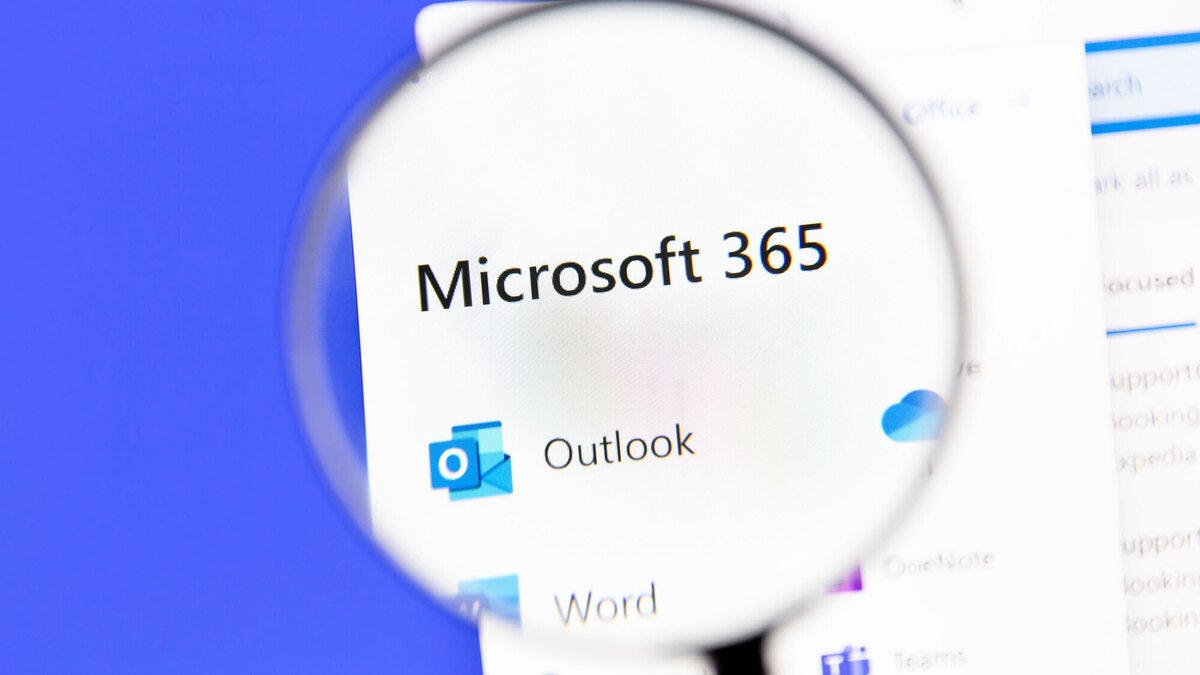Microsoft is facing an antitrust probe in Europe for bundling Teams with Microsoft 365.
The European Commission — the executive arm of the European Union that governs regulations for its 27 member nations — said it is looking into a complaint that claimed Microsoft’s bundling of Teams with Office 365 was unfair.
“The Commission is concerned that Microsoft may be abusing and defending its market position in productivity software by restricting competition in the European Economic Area (‘EEA') for communication and collaboration products,” the Commission said in a statement.
The bundling of Teams, according to the Commission, may grant Microsoft a distribution advantage by not giving enterprise customers the choice to include access to Teams when they subscribe to Microsoft 365.
“Our members experience the same anticompetitive behavior in the cloud as the software giant uses its Microsoft 365 suite to drive up costs and limit customer choice,” Coalition for Fair Software (CFSL) Executive Director Ryan Triplette said in a statement. “This is Microsoft’s playbook — leveraging its monopoly power in one market to distort competition in another.”
The complaint against Microsoft was brought by Salesforce-owned Slack in July 2020. The European Commission said it is launching the probe because it views remote communication and collaboration tools as indispensable aspects for many businesses in Europe.
“Microsoft may have limited the interoperability between its productivity suites and competing offerings,” the Commission said, adding that these practices may constitute anticompetitive tying.
An email sent to Microsoft seeking comments on the probe did not elicit a response.
“Microsoft is leveraging its dominant desktop and productivity products to compel the adoption of not only Teams, but its other products offered throughout the cloud stack — including ActiveDirectory, Azure, OneDrive, and Defender,” Triplette said.
In March, Microsoft offered to change its cloud computing practices to avoid a separate antitrust from the European Commission.
The Commission had received complaints from European cloud companies that raised concerns over Microsoft charging customers more to run Microsoft software in non-Microsoft cloud environments. The European cloud firms called this a restrictive cloud licensing policy.
In 2009, Microsoft faced similar action from the European Union for bundling the Internet Explorer browser with Windows operating system.
The company had promised it would offer a choice of browser as part of its operating system but failed to keep its words, which led to the EU imposing a fine of over $600 million (€561 million) in 2013.






